Life stories
Things don’t always turn out the way you expect
Some people persistently pursue a goal, others let themselves drift deliberately and keep their eyes open for opportunities. Alumni of the University of Bern talk about turning points and surprises in their professional career – and how they dealt with them.
Living with curiosity
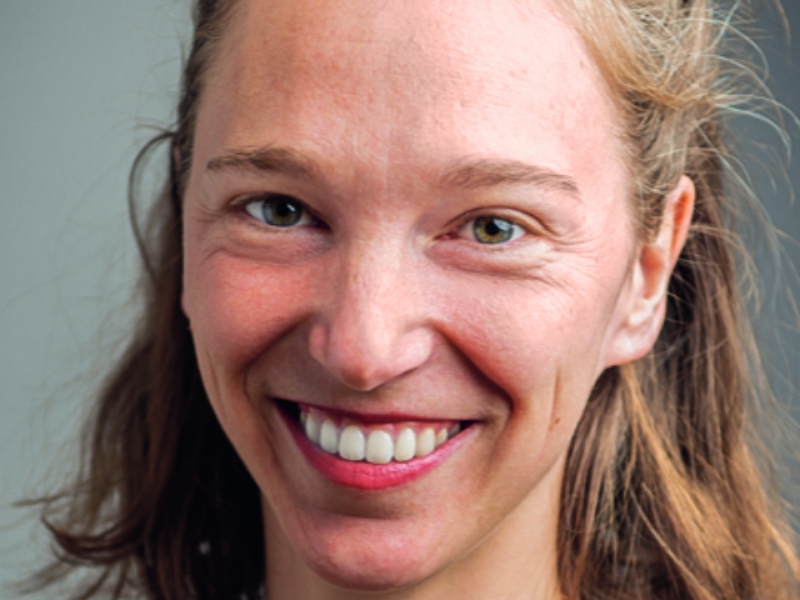
“I celebrated my master’s degree in Psychology at the University of Bern – which I had passed with summa cum laude, the best possible grade – in February 2020 in Lima with a delicious fish dish overlooking the Pacific. Actually, I thought that after my studies and six months of travel I would start training in psychotherapy and become a psychotherapist. But things turned out differently. When I returned to Switzerland from those Peruvian smallholders, I was drawn to the Alpine pastures.
My father's severe cancer convinced me to stay true to myself and follow my heart, and not to be driven by rational decisions of the mind and fears of the future. Life is too precious to waste. Now, I accompany people in workshops and meditation sessions, helping them to discover themselves, specific topics and life, and face everything with a certain amount of curiosity. I write songs and lyrics and share them at concerts. I work on a farm and am also pursuing further training in agriculture so that one day I will be able to combine the activities of mental health and agriculture. That makes me ultra-curious about what life has in store for me. I've certainly got lots of plans for my life.”
Blackberries and Herodotus
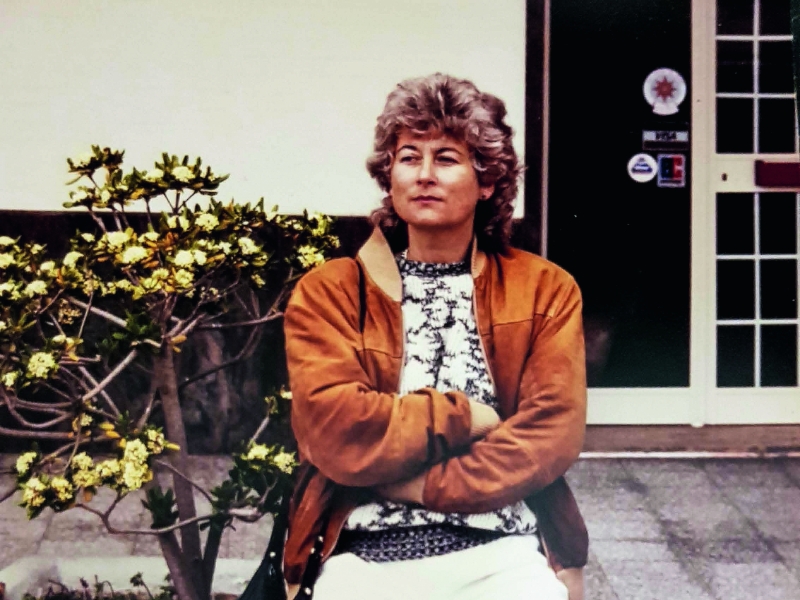
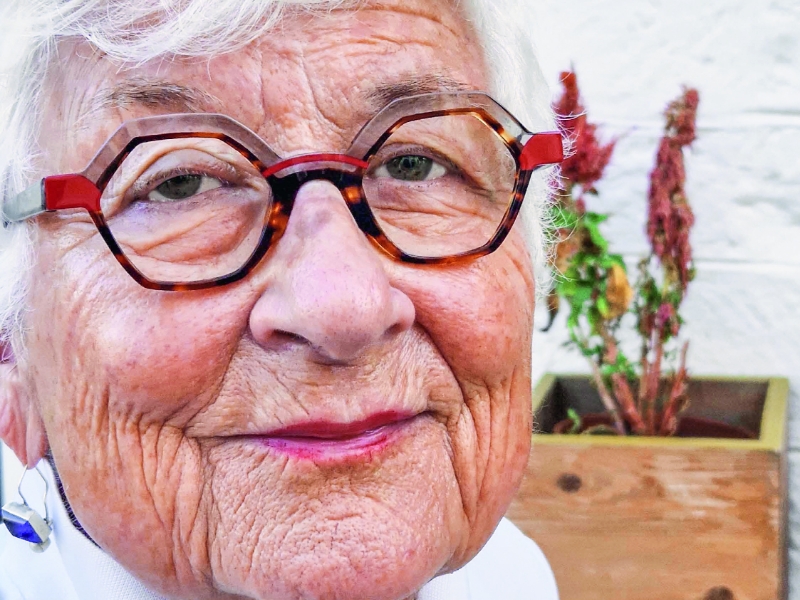
“I was 13 years old and was picking blackberries in my grandparents’ garden. On the other side of the fence, a young man was reading a book. I overcame my shyness and asked what he was reading. ‘Herodotus’ was the answer. Never heard of him! I was reading Karl May at the time and was ashamed of my ignorance. Back from the holidays, I ventured into a bookstore for the first time and bought a cheap volume of texts by Herodotus that I hardly understood. I realized I knew nothing, and I decided to learn as much in life as I could. My parents had different ideas. I had to fight to go to a better school, and studying was out of the question.
After graduating from high school, I worked as a secretary for five years and saved up enough money to go to college. I was denied a scholarship. Nevertheless, I enrolled in law and wrote my first appeal – it was approved. Since then, I have never felt as free as I did during those years at the University of Bern, where all I had to do was study.
I completed my studies at the age of 32, became a lawyer and later city clerk of Bern, retired at the age of 60 and emigrated to Italy. Nowadays, I’m no longer ashamed if I don’t know something, I just keep learning. I still have that book with the texts by Herodotus. It was cheap and small, but for me it was the gateway to the life I had dreamed of.”
From law to photography
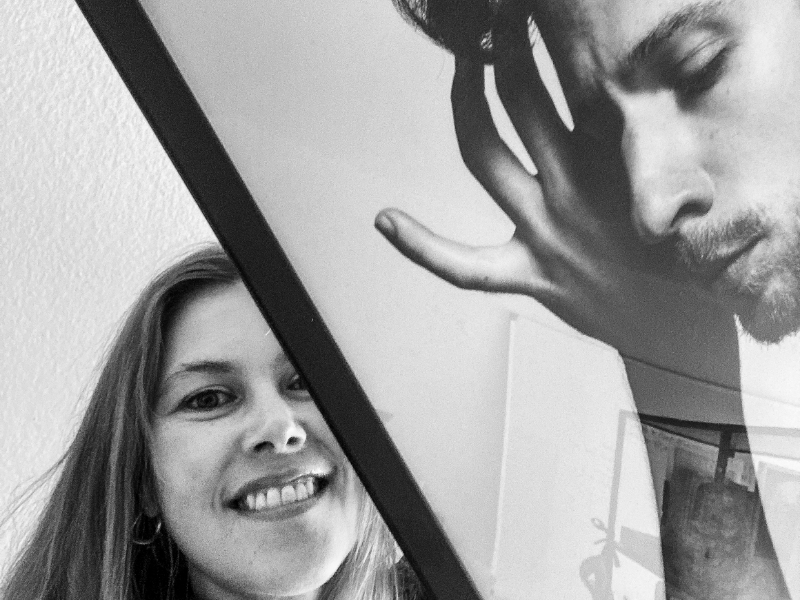
“Shortly after graduating in law from Bern and Paris, I was fortunate enough to meet the world-famous photographer Annie Leibovitz during a photo shoot in Zurich. I then had the opportunity to do an internship in her studio in New York.
It was a wonderful experience, and working with her effectively opened every door for me in New York. This was followed by an internship with Steven Klein and a trainee program with Mario Sorrenti, and from New York I moved on to experience photography in Japan, although that was abruptly brought to an end by the pandemic.
There have been many challenges to overcome in recent years. However, I now have 20 years of work experience and have found a way of acquiring customers on an ongoing basis. For the future, I would like to achieve an international breakthrough. My advice is to move around a lot, travel a lot, to do what suits you personally and not what is expected of you by your fellow human beings.”
Unashamedly unplanned
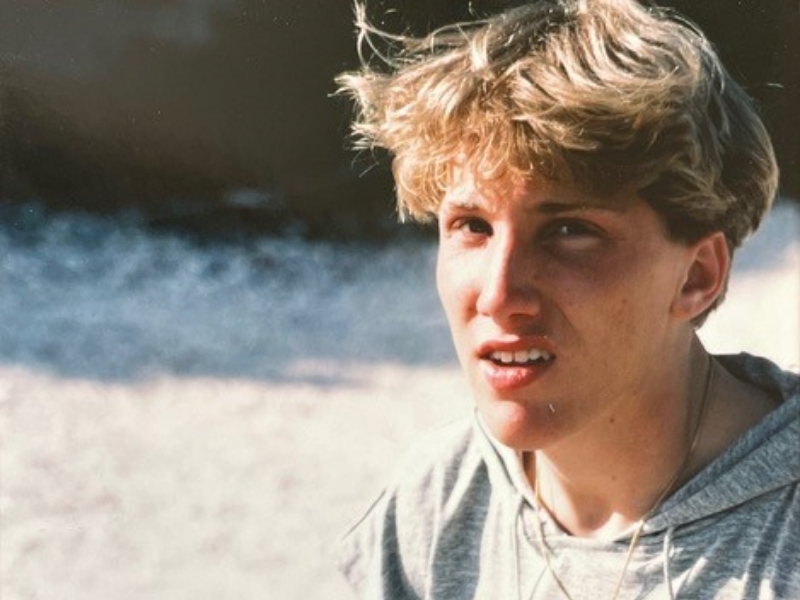
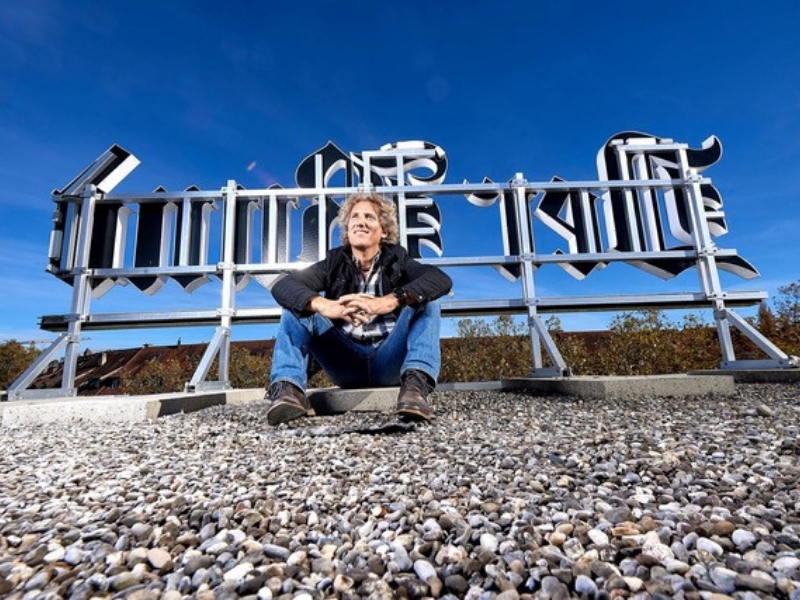
“‘Ok, so you want to do a gap year after finishing high school?” My parents would never have tried to make me do something or forbidden me from doing something, but they were surprised that I had no plans to study at all shortly before graduating from high school. Even worse: I didn’t have any other plans either. I would do my military service, with only a French horn as a weapon, that much was clear; after that, I only knew that I certainly didn’t want to go back to school immediately. Having no goal for once in your life and being open to all sorts of coincidences – what could be better?
When I was leafing through the paper after finishing my military service, I noticed a job advertisement. A company I didn’t know was looking for an experienced manager – apart from a good command of German, I didn’t meet any of the listed requirements. Almost out of arrogance, I wrote an application, which essentially consisted of commenting on various linguistic errors in the advertisement. Three days later, I completed a taster day at the company, and shortly afterwards I took up my new job as an ad seller.
Looking back today, it’s clear to me that almost all the important strategic decisions for my future career were made in this interim year. What was meant as a time-out turned out to be a springboard. This experience taught me that sometimes it’s not plans or the amount of effort you put in that gets us ahead, but maximum openness and the courage to resist the expectations of your parents.”
Magazine uniFOKUS
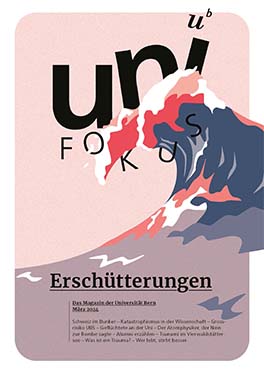
"Disruptions"
This article first appeared in uniFOKUS, the University of Bern print magazine. Four times a year, uniFOKUS focuses on one specialist area from different points of view. Current focus topic: "Disruptions"
More articles from this issue Subscribe to uniFOKUS magazine